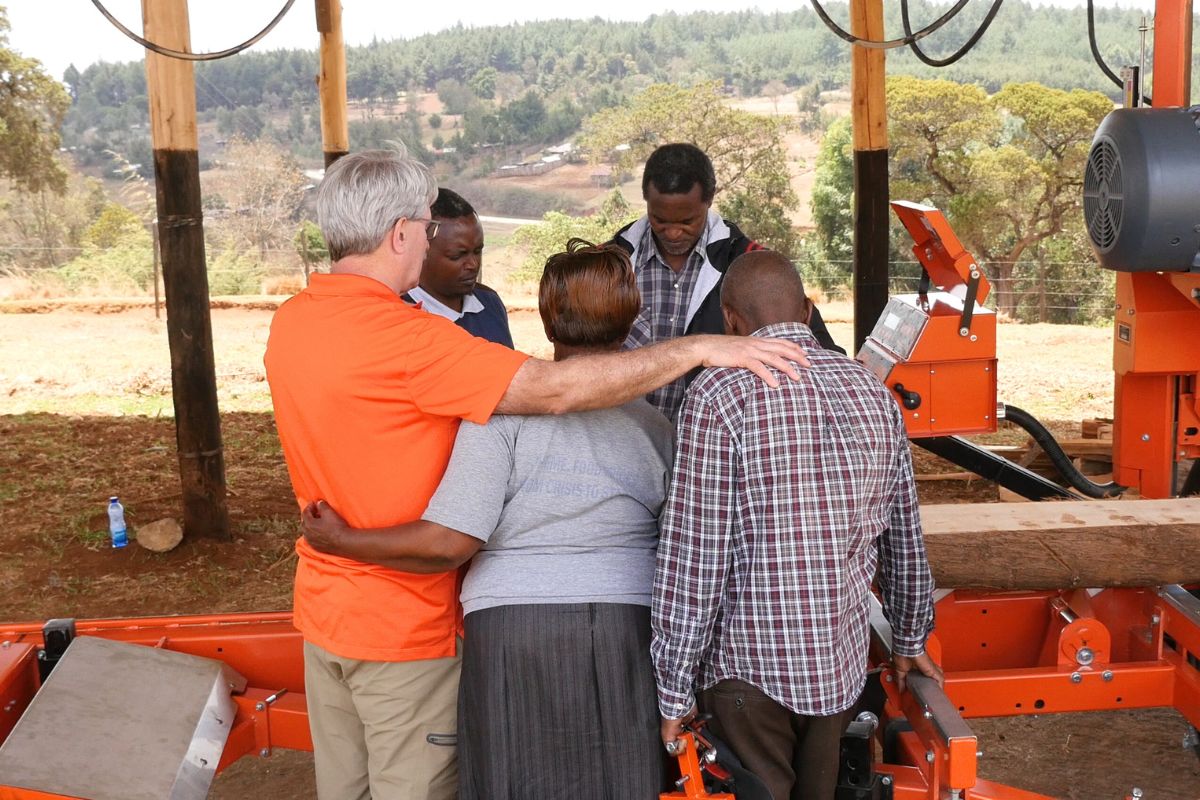The Hidden Side of Communication

“I don’t trust you.”
“You can’t do this.”
“You don’t belong here.”
We never say those things. We might never even think them. But what do our actions show?
I will forever remember a conversation with my friend, Michelle. I was really frustrated and could not understand why things were so hard with a particular group of partners. Our conversation culminated when I exclaimed, “They don’t trust us!” She waited a moment and asked, “Do you trust them?” I was speechless. I didn’t trust them, and my words and actions reflected it. It took a brave partner to confront me with that reality, but I’ll forever be grateful she did. Thanks to her, I decided to trust my partners. My actions and words followed suit and so did the health and impact of our partnership.
But sometimes it’s not as simple as making a choice to do the right thing. Sometimes, we can erode partnerships even when we think we’re already doing the right thing.
I once asked a wise partner for critical feedback. I remember him looking at me for a second before responding. His response was full of love and grace, but when it sunk in, it hit me like a ton of bricks. He said, “It seems like you’re trying to prove something.”
Again, I was speechless. But this time was different. He was pointing at something I really thought I was trying to avoid. He was a dear brother who I thought I was honoring and doing my best to serve. But I had completely missed the point. With a few words, he courageously helped me see a whole bunch of assumptions I was making about him for a whole host of reasons that made it impossible for him to bring forward all the Lord had put in him.
It took me a while to process his feedback. How could I, a person who so deeply believed in the value of each person, somehow persistently act in a way that conveyed something totally different? Soon after, I asked for critical feedback from another partner. Different words, same message. You think the Lord was trying to tell me something?!
This happens all the time. And do you know what it does—besides the obvious things of demeaning a brother or sister and missing out on true relationship?
We completely miss the potential that Christ points at in the body.
My assumptions made it so that he couldn’t offer up what we needed in order to accomplish what God wants us to do together.
Just today a partner asked me, “How do we know if we’re really serving the needs of our partners rather than making choices based on our own bias or assumptions?” This, from a partner who has served through thick and thin for 15 years!
What assumptions are keeping us from breaking through to the full potential of poverty-ending, business-minded, life-giving, kingdom-focused partnerships and who can we ask to help us see what we’re missing out on?
These assumptions are often subtle. Things like overexplaining a concept. Things like working around someone instead of with them. Things like assuming what someone knows or can understand. Things like saying what you think the other person wants to hear instead of sharing a difficult truth. All those things and more are layered into the story above.
And they are signs, all of them, of an unequal partnership. They showed that I didn’t truly value my partner, regardless of what I claimed. And they certainly slowed down, even eroded, the impact of our work together.
But it doesn’t have to be this way.
These places where our differences meet often point us to the greatest opportunity for life! It’s certainly the way Christ lived.
Consider the stories of Jesus and the Samaritan woman, Jesus and the Roman centurion, Jesus and people with who were sick or paralyzed. Jesus calls people from all the different categories we could name and says “I see you. And this is who you are in me.”
Suddenly, our differences aren’t simply a challenge or a conflict to overcome. They’re an opportunity to work toward and recognize the hope we have in John’s vision of God’s people in Rev. 7:9 when he sees “a great multitude that no one could number, from every nation, from all tribes and peoples and languages standing before the throne and before the Lamb.”
We will not succeed in our mission if we forget this message. As we—the Partners Worldwide network—create bridges between cultures, as we form partnerships across continents, we must recognize the profound truth that we are all equals in the Kingdom of Heaven, all made in the stunning image of God.
This truth is key to our entire model and theory of change. It’s what inspires our goals as well as the methods we use to accomplish them. And only by sharing and living out this truth can we succeed in partnering with one million redemptive business owners, business owners who employ three million people and ultimately lift fifteen million people from poverty.
